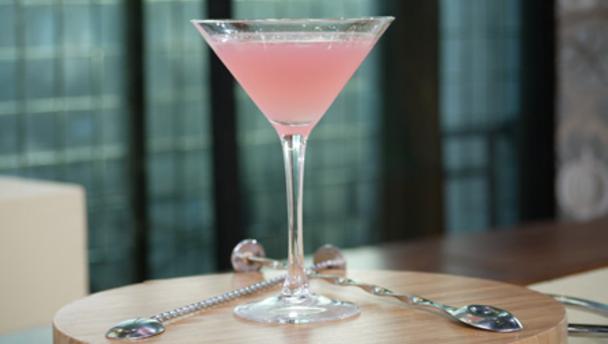

By Wayne Collins
A white, generally neutral-tasting spirit, distilled from cereals, root vegetables or grapes. Potatoes, rye, barley and wheat are the most common bases used to make vodka. Vodkas flavoured with fruit, such as cranberry or citrus fruits, are increasingly popular, but they’re not new (bison grass and plums, for example, are traditional flavourings).
 Vodka strawberry cheesecake
Vodka strawberry cheesecake
 Mulled wine trifle
Mulled wine trifle
 Dirty martini
Dirty martini
 Cosmopolitan
Cosmopolitan
 Christmas pudding vodka
Christmas pudding vodka
 Lemon cheesecake cocktail
Lemon cheesecake cocktail
Vodka varies widely in price. It’s unlikely that the quality of some ‘super-premium’ vodkas, tricked out in fancy packaging, is in line with their hefty price-tags, so approach these with caution. Likewise, the least-expensive vodkas can have an unpleasantly harsh flavour, so choose wisely.
Vodka, particularly the unflavoured varieties, can be kept for long periods after being opened.
Most vodkas are filtered after distillation, which makes them very pure and ideal for mixing in cocktails. Vodka can be used in cakes and for curing foods such as salmon.
Article by Susan Low
Type the ingredients you want to use, then click Go. For better results you can use quotation marks around phrases (e.g. "chicken breast"). Alternatively you can search by chef, programme, cuisine, diet, or dish (e.g. Lasagne).